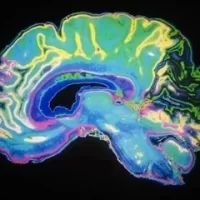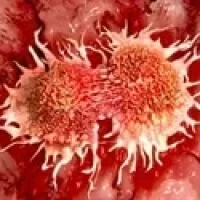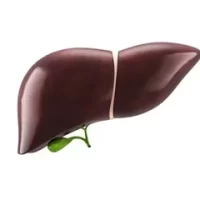Unfortunately, one of the most frequent injuries in the country is heart attack. Your body is said to produce warning symptoms of a heart attack up to six months before it happens. Have any of these signs ever occurred to you? If so, you might want to call and make an appointment with your doctor.
The biggest cause of death in the US is heart disease. It can lead to a number of conditions that have an impact on your heart. Coronary artery disease, arrhythmia, and congenital heart problems are a few of these ailments.
By changing your diet, getting more exercise, taking iron supplements, and increasing your intake of omega-3 fatty acids from food sources or supplements, you can enhance the health of your heart. Keep an eye out for the following warning signs in the interim.
When the supply of blood and oxygen to a portion of the heart is cut off, a heart attack may result. The absence of oxygen causes the heart muscle to start dying. The part of the heart risked death if the blood flow wasn’t soon restored. If emergency medical care is not sought out, the entire heart could stop beating, which would obviously result in death.
1. HIGH FATIGUE
Anxiety is a common symptom of heart disease. Of course, feeling exhausted after exerting oneself physically or after a long day is normal. To monitor your heart’s health, you may need to schedule a checkup with your doctor if you feel worn out and exhausted all the time.
It is not normal to feel fatigued despite getting enough sleep, eating healthy, and not overworking oneself.
2. SLEEP INTRUSIONS
A disruption in your sleep patterns is another indicator of a heart attack. Your unconscious mind can be alerting you to a problem. It’s possible that you’ll wake up a lot, need to use the restroom a lot, or become incredibly thirsty at night. If you See your doctor if you cannot come up with a rational explanation for these sleep difficulties.
3. RAPIDITY OF BREATH
Breathlessness is a serious red flag that indicates possible heart problems. You may experience shortness of breath when your heart does not receive enough oxygen.












